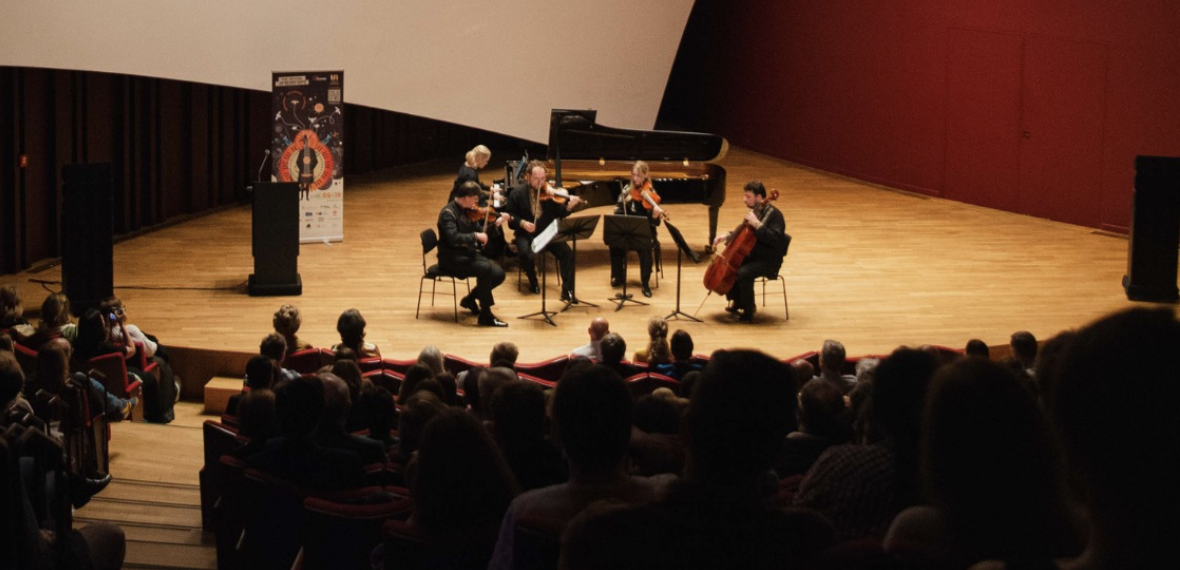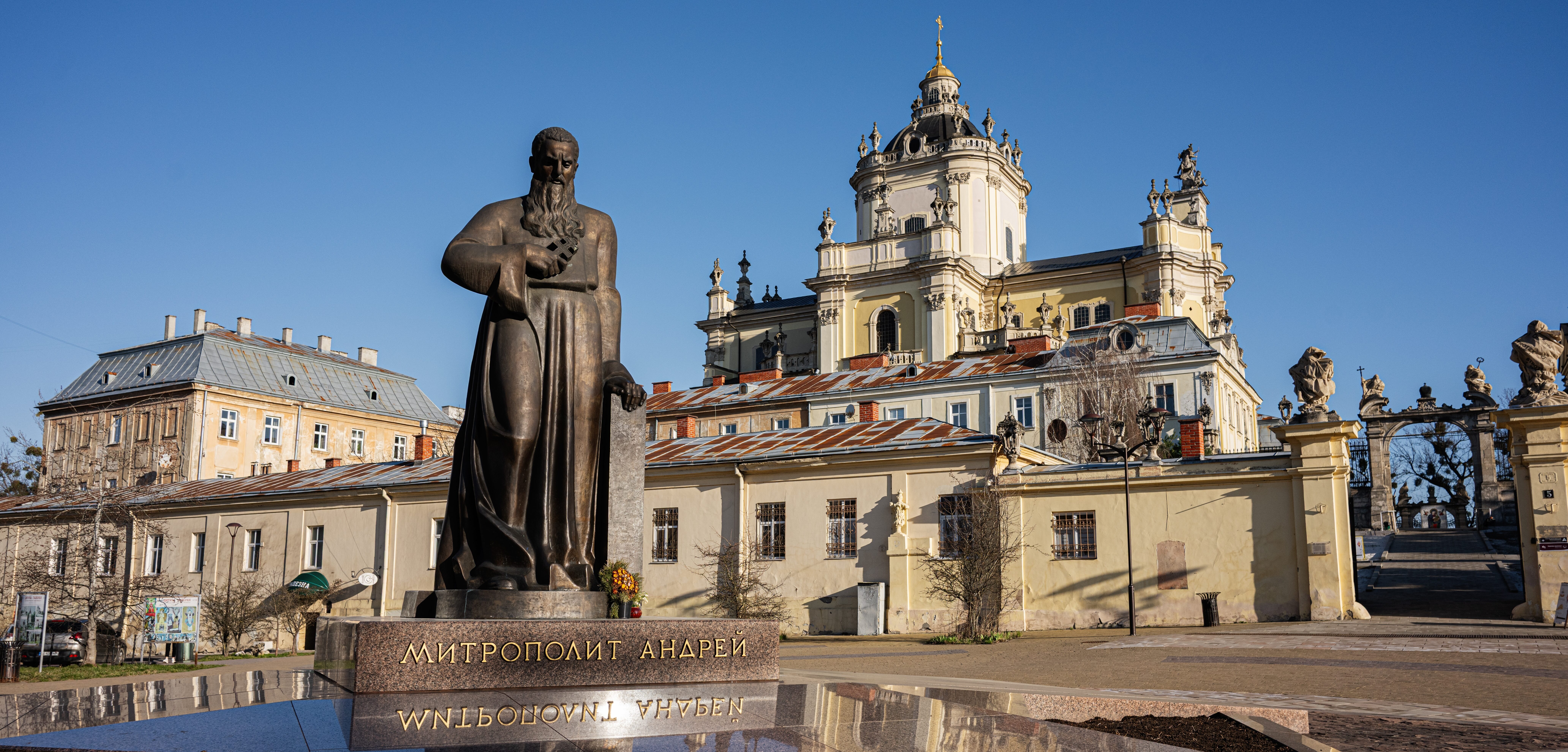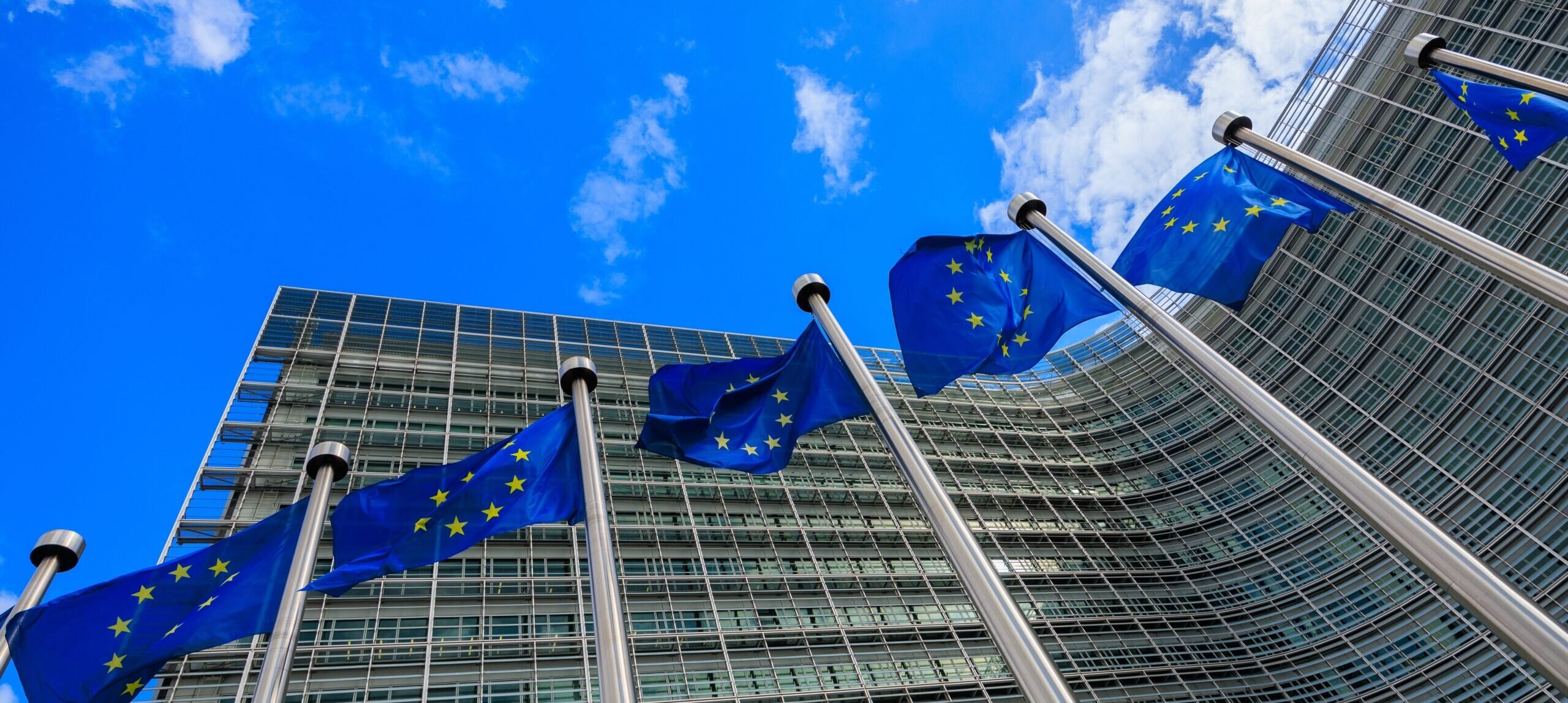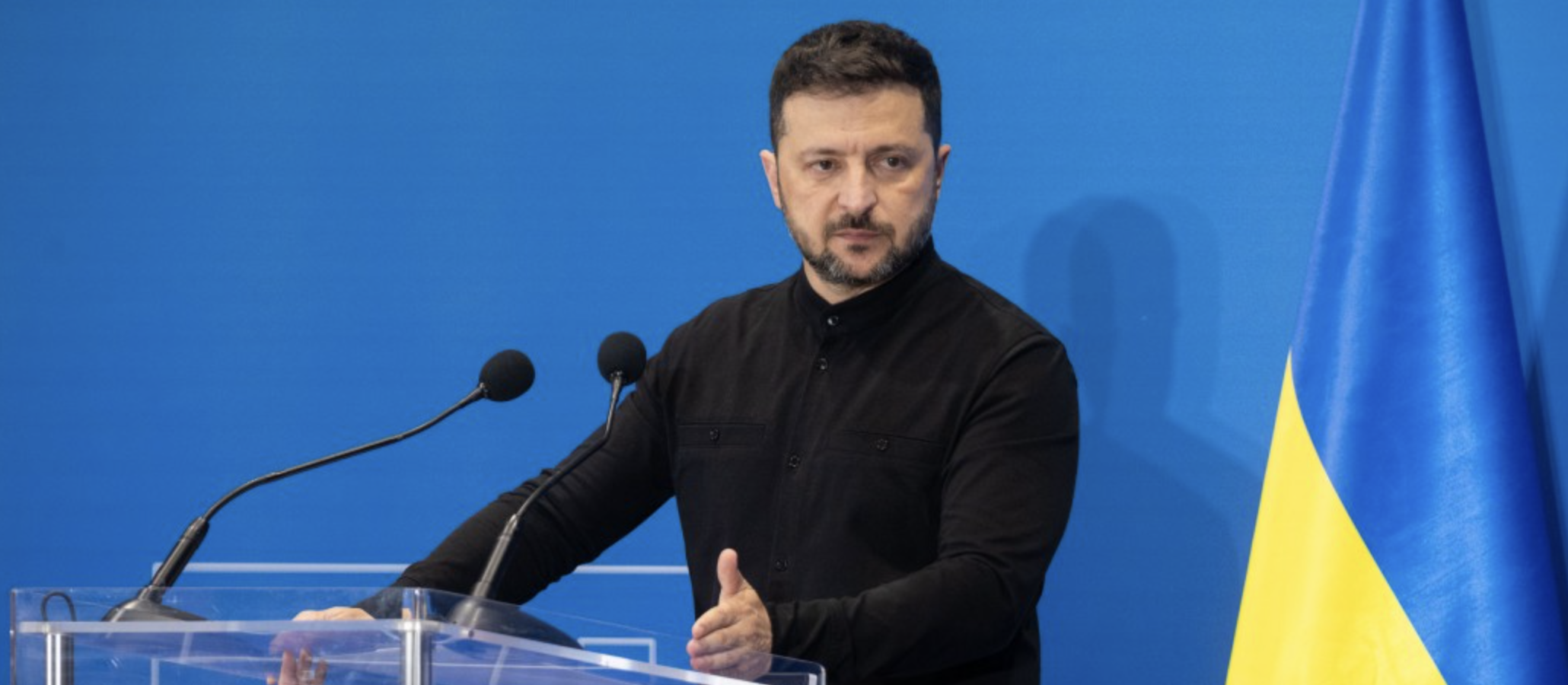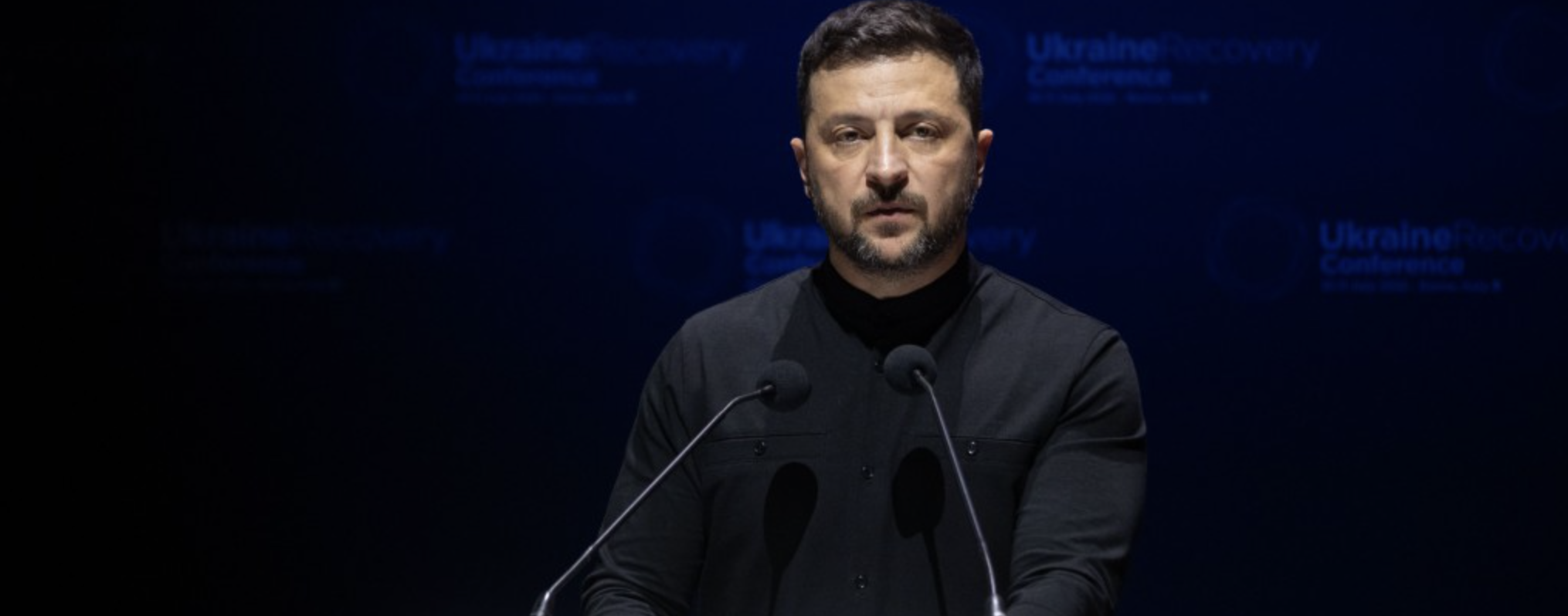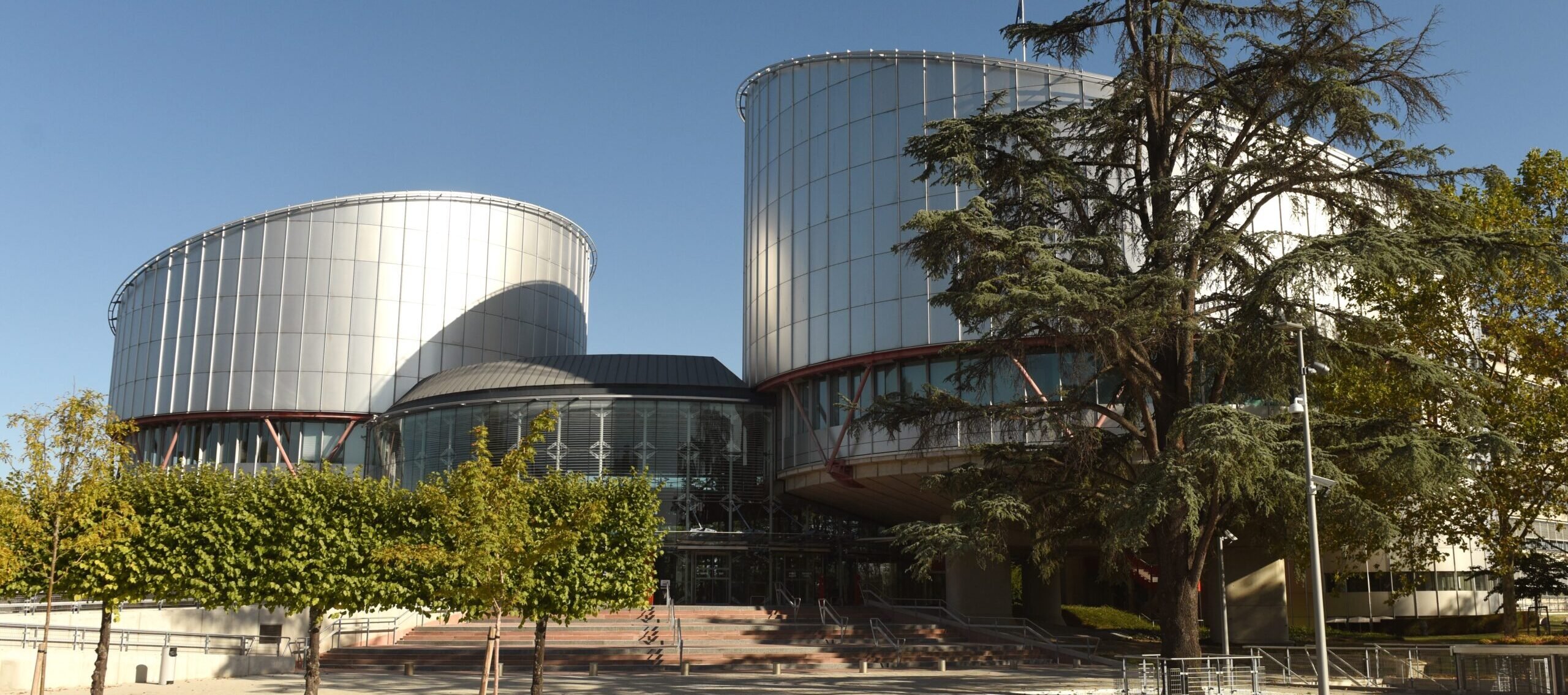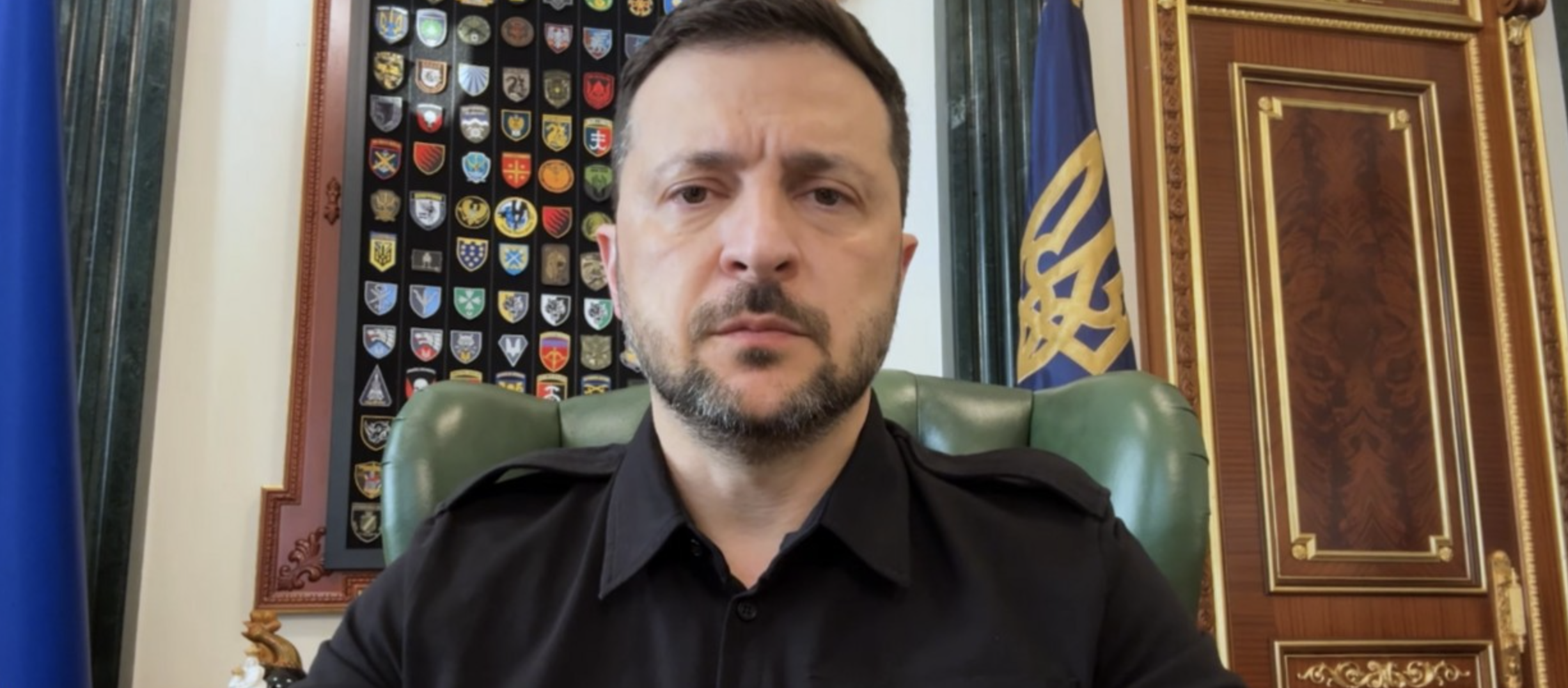
Abstract:
Five years after the Revolution of Dignity in Ukraine, the Ecumenical Patriarch of Constantinople – widely seen as the spiritual leader (primus inter pares) of the Eastern Orthodox world – granted the Orthodox Church of Ukraine (OCU) ‘autocephaly’ on 5 January 2019, formalising a split from the Russian Orthodox Church (ROC). The move follows an intensified Ukrainian campaign to obtain religious independence and thereby reduce the influence of the ROC, which plays a key role in the Kremlin’s identity politics in the region. This development could have wide-reaching implications. Such a blow to the ROC undermines the Kremlin’s ‘soft’ spiritual influence. The Kremlin views the development as a question of national security and is unlikely to accept the defeat without resistance. The issue is expected to play a prominent role in the 2019 presidential and parliamentary elections in Ukraine. In a wider context — reflecting Moscow’s nexus between geopolitics and religion — the decision of the ROC to sever ties with Constantinople in response to the decision to grant the OCU autocephaly could mark the beginning of a wider rift in the Orthodox world. Moscow appears to be exerting pressure on other Orthodox patriarchates to sever ties with Constantinople.

